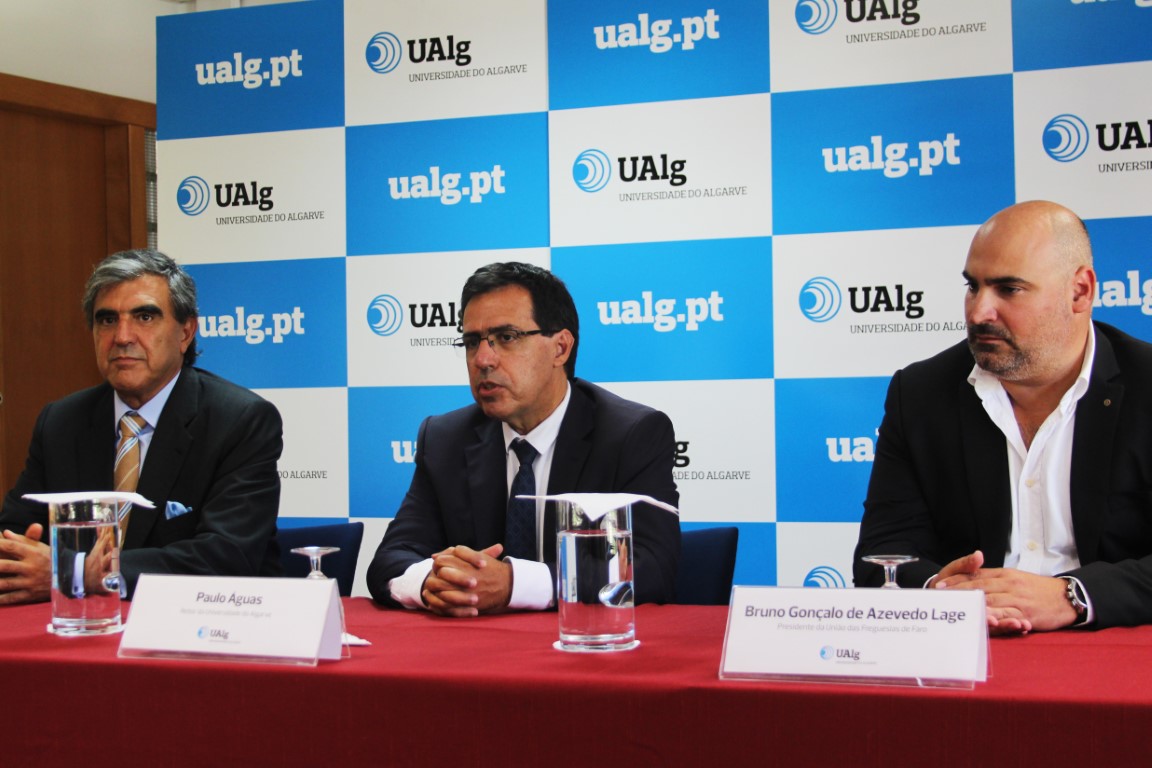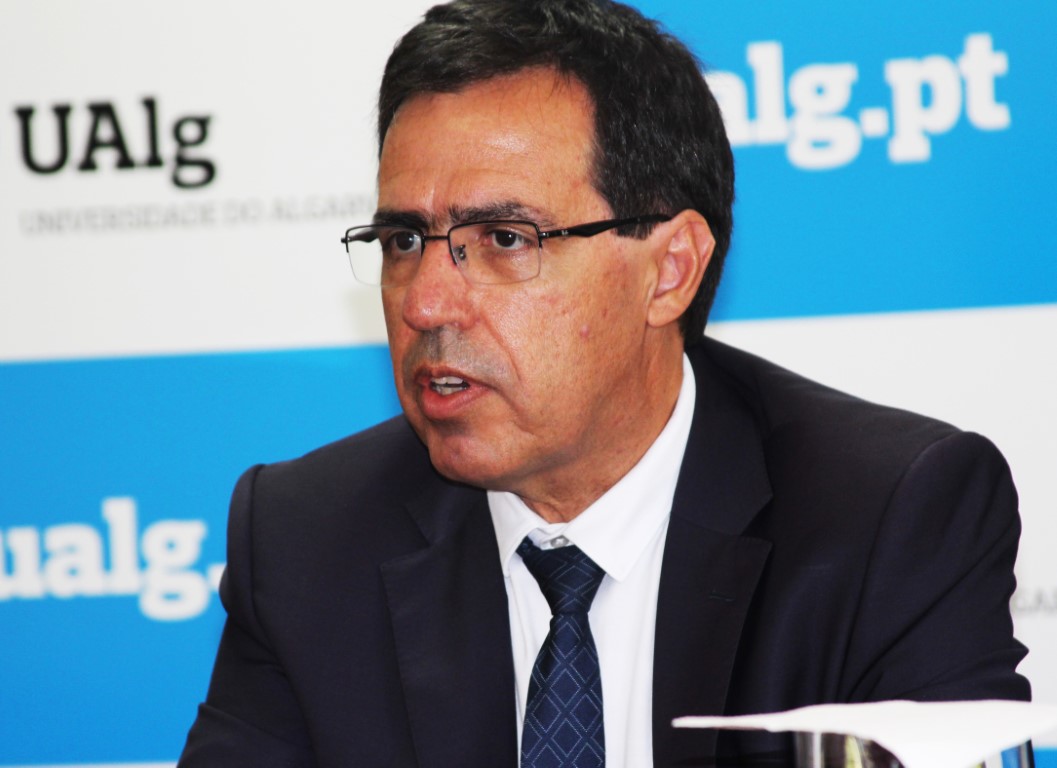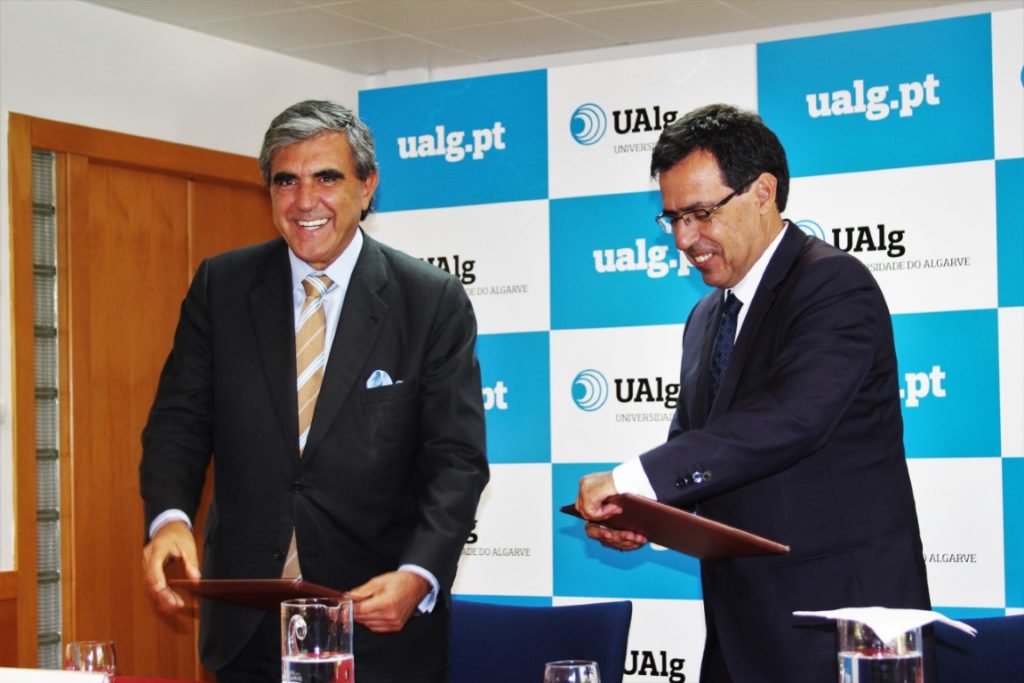They leave in the morning, go to work and come back at night, living an (almost) autonomous life. Only, instead of returning home, they go back to prison. This will be the routine of prisoners in the Algarve's Prisons, according to a protocol signed this Monday, September 17, between the General Directorate of Reinsertion and Prison Services, the University of Algarve and the União de Freguesias de Faro.
Cleaning, small adjustments or taking care of gardens will be some of the work that the prisoners will do in an open regime.
The choice of detainees, who can be from the three Prisons in the Algarve (Silves, Faro and Olhão), will be judicious. In other words: not just anyone will be able to integrate this measure.
"It is necessary that they have already served a substantial part of the sentence and that they are people we trust," began by explaining Celso Manata, director general of Reinsertion and Prison Services.
“We want to reintegrate, but safely and without causing alarm in the community. We have to select people well so that everything works well. We want this protocol to be a success story», he added.
In fact, one of the great strengths of this initiative is to reintegrate into society, and in the world of work in particular, people who are imprisoned.

The fact is that whoever is covered by this protocol will earn the national minimum wage, something that “prepares” and “stimulates” the prisoners so that, “when they leave, they behave properly,” said Celso Manata.
For now, there is still no forecast of how many detainees will be able to join the initiative. According to Alexandre Gonçalves, director of the Prison Establishment of Faro, "there won't be many", because they have to be people who meet certain requirements.
Even so, from previous experiences, which include, for example, two prisoners as volunteers in the Food Bank against Hunger in the Algarve, «there was never any problem».
And when are you going to start this kind of work? “There are some authorizations to be obtained, but, in any case, as of today things will start to roll”, announced Celso Manata.
With the University of Algarve, this protocol has other aspects that will still be worked on. One of them is that there is also cooperation in the field of research, with the promotion of master's and doctoral degrees on topics such as the social reintegration of prisoners into society.
Another concerns the possibility of people who are imprisoned to continue their academic training, through going abroad to attend classes or even through distance education. Whoever manages, can count on "some relief" in the tuition fees.
«Today the protocols were a first step we are going to take towards occupying the prisoners, but, with regard to the University of the Algarve, we have other areas that we want to work on», summarized the general director of Reinsertion and Prison Services.
Paulo Águas, dean of UAlg, revealed that the Algarve academy “did not hesitate” when this possibility of protocol arose.

“We understand that our mission goes beyond receiving students and doing research: we also have a social responsibility”, underlined the top head of the Algarve academy.
«We're not just going to give. We will also receive, not only from the point of view of the contribution of activities. We will also get richer from a human point of view, when we contact these citizens», he considered.
Bruno Lage, president of the Parish Union of Faro, said, in turn, that this is a “very important issue, because territorial and social cohesion are pillars of a well-structured society”.
The activities that the prisoners will develop in the territory of the Union of Parishes of Faro will be important because "arms of work are never too much", concluded the president.
In Olhão, there is already a protocol of the kind, which led inmates to clean up Armona's island e verges in Moncarapacho. In both cases, the experiments went very well, so that is what is expected to happen again now, with this new protocol.



















Comments